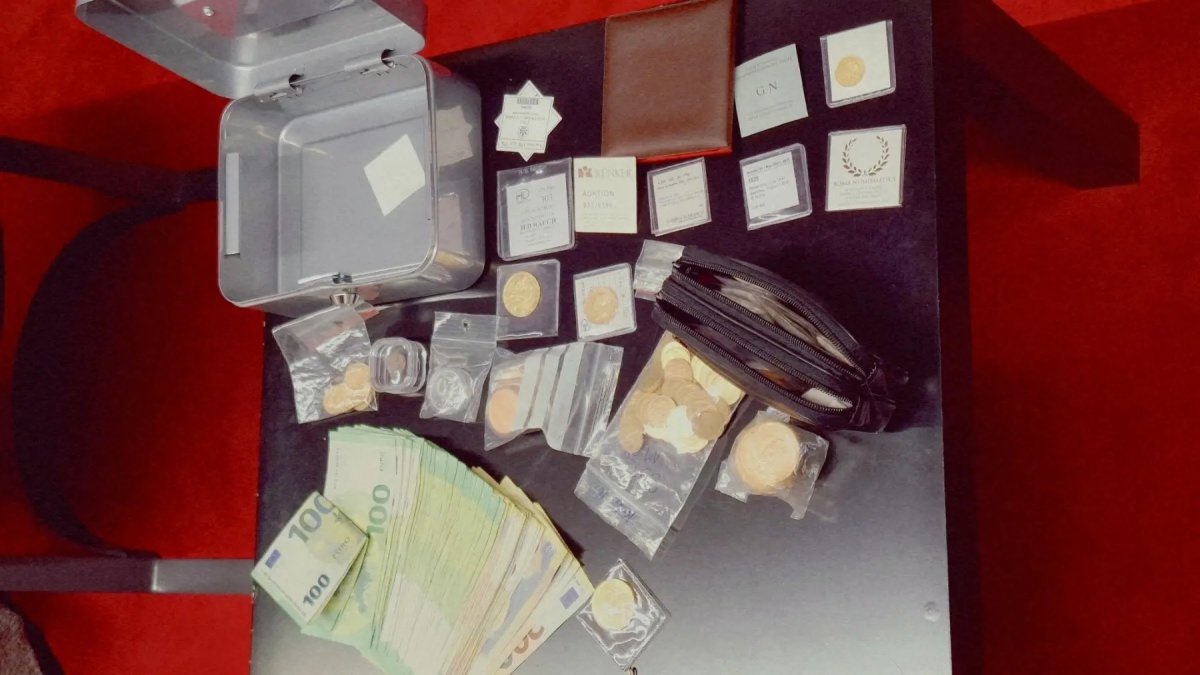19 November 2025 - A criminal network on illicit trafficking of cultural goods was dismantled through the collaboration of Bulgarian authorities, Eurojust and Europol.
The operations involved law enforcement and judicial authorities from Bulgaria, Albania, France, Germany, Greece, Italy, and the United Kingdom. The international collaboration resulted in 35 arrests in Bulgaria and seizure of over 3000 cultural items, antique gold and silver coins, art works and other antiquities, reaching an estimated value of over EUR 100 million. Documents, electronic equipment, over 50.000 in cash and investment gold were also seized.

Police operations included 120 locations searched in Bulgaria, 1 in Albania, 3 in France, 3 in Germany and 4 in Greece.
Investigations into the criminal group and the items trafficked are still ongoing.
Investigations began in 2020 following a house raid in Bulgaria
According to Europol, the investigations follow the traces discovered after a house raid in Bulgaria in 2020, when police seized around 7000 cultural artifacts many of which were lacking clear provenance documentation.
The artifacts were primarily Greco-Roman and Thracian antiquities, such as masks, military equipment, jewellery, vases, rhytons and cups, of inestimable historical and monetary value due to their uniqueness and historical significance.
Following seizure, the antiquities have been housed in the Bulgarian National History Museum in Sofia pending further investigation.
The Balkan region and the art market are highly vulnerable to illicit trafficking of cultural goods
Illicit trafficking networks are highly attracted to the Balkan region and Italy, countries of invaluable Greek and Roman archaeological treasures. Such actors are engaged in looting, theft, and laundering stolen artifacts through the art market.
The art market is particularly vulnerable to criminal activities due to high demand from art collectors and illicit funds laundering seekers. Difficulties in verifying the provenance of heritage and art items add to the art market’s complexities and pose further challenges to governments efforts in combatting illegal excavations.
While criminal networks keep trafficking looted artifacts, including from conflict zones, cultural heritage preservation is faced with serious threats.
More than five decades since UNESCO’s Convention on the Means of Prohibiting and Preventing the Illicit Import, Export and Transfer of Ownership of Cultural Property, authorities' international collaboration keeps evolving as criminals find new ways to exploit gaps or shift to the digital market.
Find more here
Images: Courtesy of Europol









